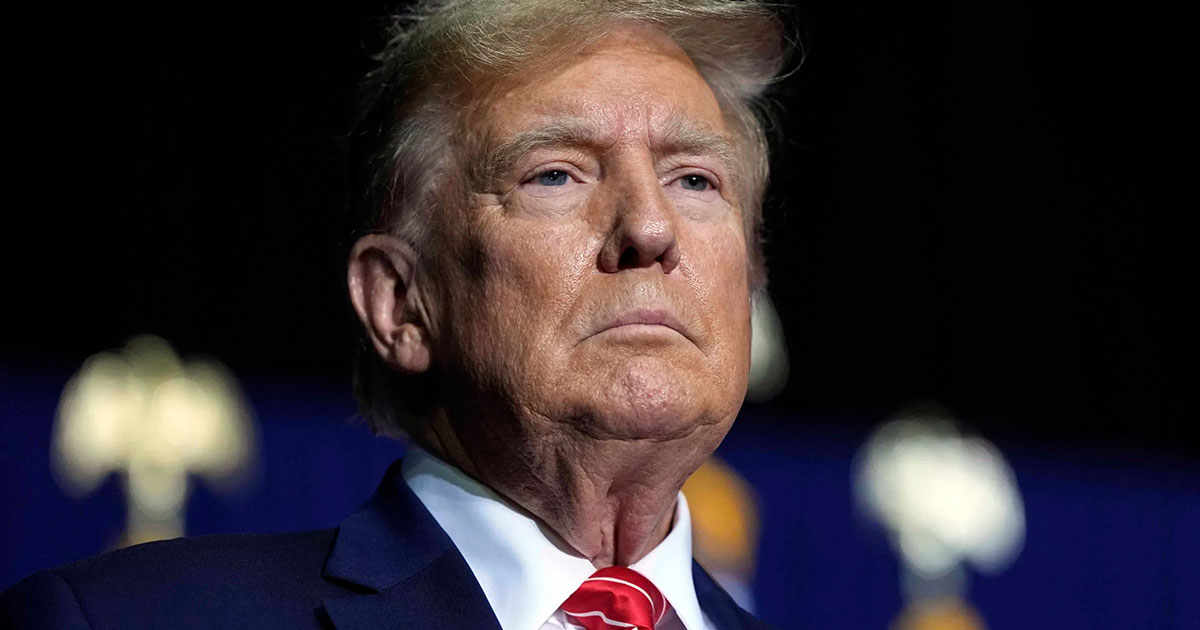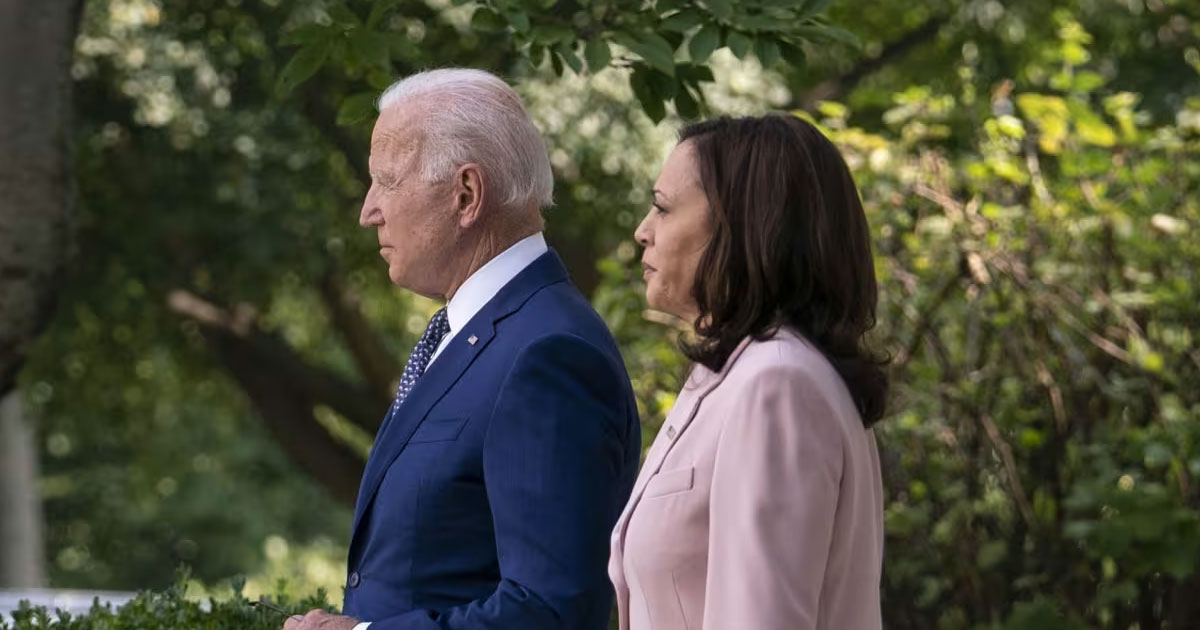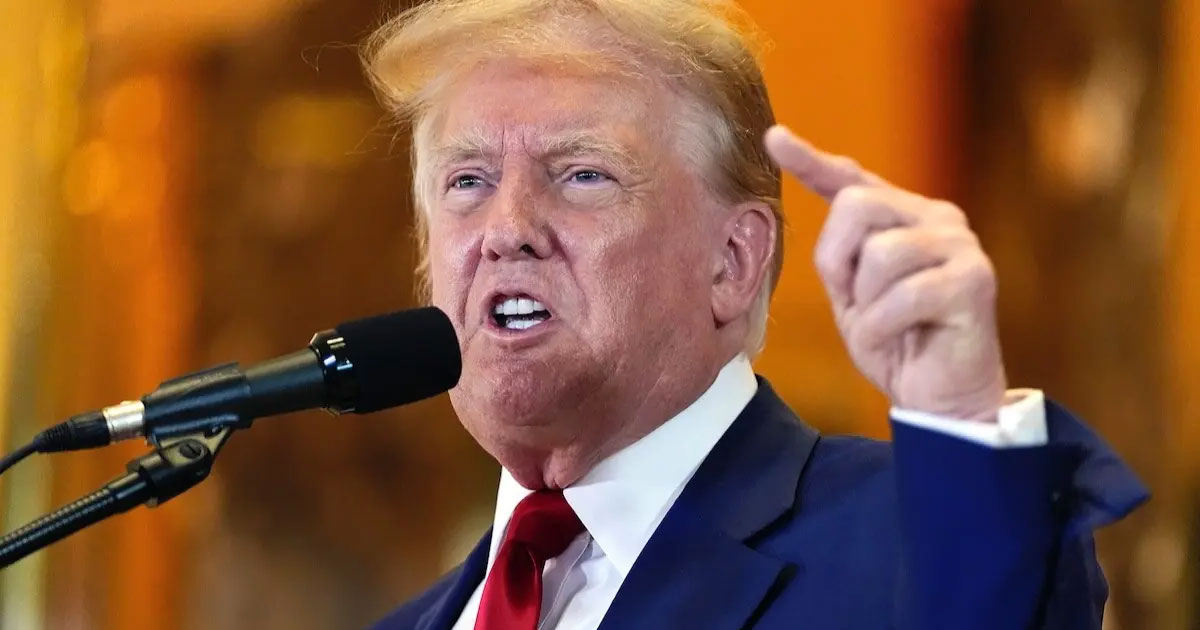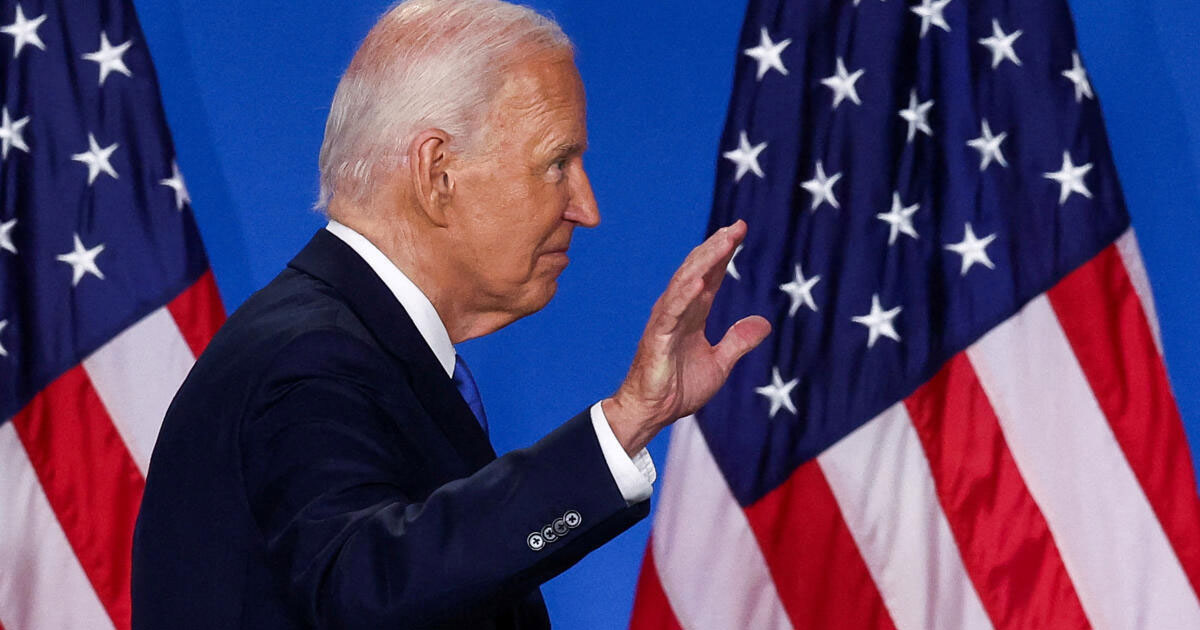The President-elect, Donald Trump, has long been known for his disdain towards the media. However, the recent filing of two lawsuits against news organizations raises significant concerns about the future landscape for outlets and journalists tasked with reporting on his administration over the next four years.
In a significant legal development, Disney, the parent company of ABC News, has reached a settlement of $15 million with former President Donald Trump. The lawsuit stemmed from an incident where anchor George Stephanopoulos erroneously stated that Trump was found liable for raping writer E. Jean Carroll, when in fact, he was found liable for sexual abuse. This settlement marks a notable moment in the ongoing discourse surrounding media accuracy and public figures. Former President Trump has taken legal action against the Des Moines Register, an Iowa-based newspaper, following the publication of a poll indicating that Vice President Kamala Harris would secure a victory in the state. Additionally, he has filed a lawsuit against the individual responsible for conducting the poll. Trump is claiming that this constitutes election interference. Recent developments have emerged as former President Trump faces ongoing lawsuits against CBS and the publisher Simon & Schuster.
Such lawsuits have a long-standing history. These legal battles are designed to be costly and lengthy for news organizations, regardless of whether they emerge victorious in the case. News organizations are now faced with a significant dilemma regarding the publication of critical reporting on public figures, particularly in the case of Trump. This situation raises questions about the potential financial, legal, and public relations risks involved in such reporting.
The United States boasts robust protections for the press, enabling news organizations to carry out their duty of informing the public, especially regarding influential individuals and entities. However, the lawsuits filed by Trump may hinder their capacity to proceed effectively.
In recent developments, questions have arisen regarding the nature of these lawsuits. Observers are keen to understand the underlying issues at play.
Lawsuits filed by Trump against ABC, the Des Moines Register, and Iowa pollster Ann Selzer are frequently referred to as strategic litigation against public participation, or SLAPP suits.
In a significant legal move, Trump initiated his first lawsuit, targeting ABC News in a defamation case. In a significant legal development, Trump’s team launched a lawsuit in Florida during the spring season. This action followed remarks made by George Stephanopoulos during a March interview with Representative Nancy Mace, in which he stated that Trump had been found to have raped E. Jean Carroll in 1996. In a significant legal development, the jury in the Carroll case reached a verdict in 2023, determining that former President Trump’s actions constituted sexual abuse, though they did not classify it as rape according to New York law, where the case was brought forward. In a significant development, the presiding judge acknowledged that the actions attributed to Trump correspond with widely accepted definitions of rape, despite not fulfilling the precise legal criteria.
In the United States, defamation cases involving the press are subject to a stringent standard. While it is acknowledged that reporters can make errors, such mistakes alone do not suffice to justify legal action against an individual reporter or a news organization. In defamation cases, it is essential to establish that a reporter acted with actual malice. This means demonstrating that the individual either wrote or spoke something they knew to be false or had substantial reason to believe was untrue.
In July, Disney filed a request to have the lawsuit dismissed, arguing that Stephanopoulos’s statements were fundamentally accurate, albeit not entirely precise, and that his reporting was shielded by Florida law. In a recent statement, the judge emphasized that there is a possibility for a jury to determine Stephanopoulos’ guilt. On Friday, a significant development occurred as she mandated that Stephanopoulos and Trump participate in depositions, while also instructing Disney to provide documents pertinent to the case. Disney has been reported to have sought a settlement in the ongoing case, with concerns that a jury trial in predominantly Republican Florida could lead to unfavorable outcomes for the company.
In a significant legal move, former President Trump has initiated a lawsuit against the Des Moines Register, its parent company Gannett, pollster Ann Selzer, and her polling firm. The lawsuit alleges that they engaged in consumer fraud by conducting and disseminating a pre-election poll indicating that Vice President Kamala Harris was leading in Iowa. In a significant political development, Trump has emerged victorious in Iowa, securing a lead of more than 10 percentage points. A lawsuit has been filed against Selzer, alleging what has been described as “brazen election interference,” as reported by the New York Times.
In October, Trump initiated a comparable lawsuit against CBS News, claiming that an interview featuring Harris on the program 60 Minutes breached consumer protection laws as a result of its editing.
SLAPP suits are designed to create a chilling effect.
Seth Stern, director of advocacy at the Freedom of the Press Foundation, spoke to Vox about the lawsuits filed by Trump against media companies. He described them as “the latest workaround that wealthy and powerful people who want to bully the press have found to attempt to circumvent the well-established safeguards for the press under the First Amendment against defamation and similar claims.”
While Trump may face challenges in these lawsuits, the primary focus appears to extend beyond the mere outcome.
“A SLAPP suit is characterized not only by its lack of legal merit but also by its underlying intent. The goal is not necessarily to achieve a victory in court, but rather to intimidate and silence critics. This is accomplished by imposing significant legal expenses and the burdensome time required to defend against such litigation, which can have a particularly harsh impact on smaller media outlets,” Stern stated.
Former President Trump has previously indicated his awareness of the motivations behind these lawsuits, suggesting they are designed to impose financial burdens and create a climate of fear for those who might consider voicing opposition to him. In a notable statement regarding a lawsuit he initiated against an author whose book he disapproved of, Trump remarked, “I spent a couple of bucks on legal fees, and they spent a whole lot more.” A source has revealed that the individual took actions with the intent to complicate another person’s life, expressing satisfaction with the outcome.
According to Samantha Barbas, a legal historian at the University of Iowa School of Law, SLAPP suits have a long history in the United States.
“Throughout history, politicians and public figures have sought to silence their critics in the media, often leveraging defamation law as a key tool,” she stated in an interview with Vox. In the early 20th century, it was a prevalent practice for public officials to attempt to litigate the press into submission over unfavorable comments.
The United States boasts strong press freedom protections, a framework solidified by the landmark 1964 case New York Times v. Sullivan, which enshrined these essential rights. Numerous states across the country have enacted anti-SLAPP legislation, while a proposal for a federal anti-SLAPP law emerged in 2022. Former President Trump has expressed intentions to reverse certain protective measures that have been put in place.
Reports indicate that the existence of those protections is primarily attributed to Supreme Court precedent rather than federal law. This factor is believed to have influenced Disney’s legal team in their decision to settle, as it prevents the case from reaching the Supreme Court, where there could be a risk of overturning Sullivan.





